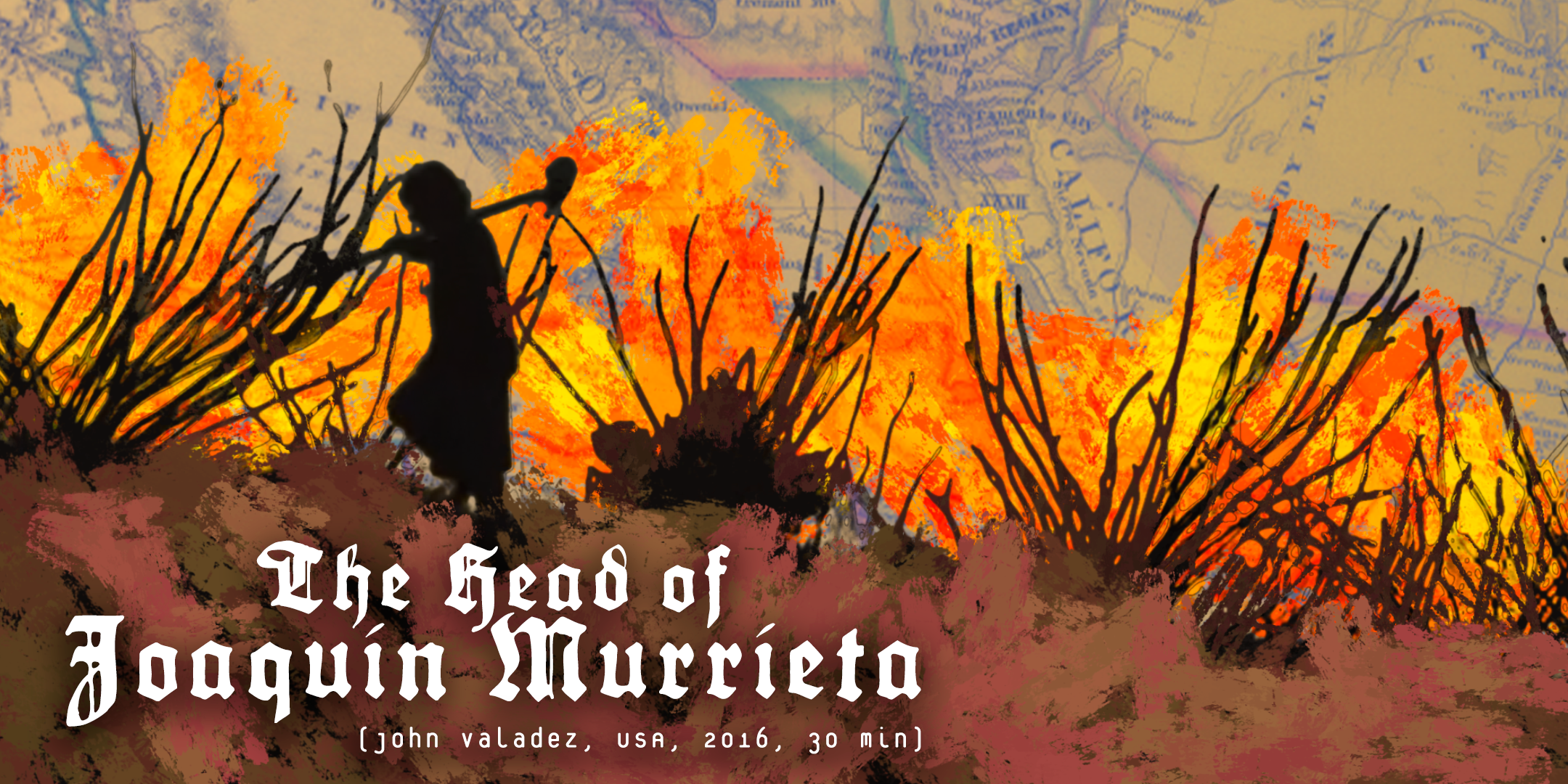BORDERLESS CULTURES
Film Festival

Conceived between collaborators and colleagues on opposite coasts, we proposed sharing and discussing films that tell us something about the racialization of U.S. Latinx peoples. As we found ourselves increasingly screen-bound for connection, in the words of Ramos-Barajas, we realized that “a different approach requires a different approach.” Thus, we began the process of selecting films that are otherwise not in wide releases and inviting discussants and filmmakers to talk with us and viewers about Latinx peoples and film.
With a knowledge that popular culture constructs, informs, and reflects, Emmanuel Ramos-Barajas and Dr. Annette Rodríguez bring together films and filmmakers that offer opportunities for entertainment, education, and… well… critical dissection. Bringing his talents as a director, producer and media coordinator, Ramos-Barajas thinks through narrative and artistic vision, while Rodríguez fixates on historical context and the value of scholarly analysis. Borderless Cultures Film Festival is our offering as a way to gather across space, sharing time and ideas.
Program Syllabi 📖
In addition to my curatorial role in programming the films, I contributed by planning and designing a syllabus for each of the screenings. These syllabi offer additional teaching and learning resources. Find and share them below.Past Programs
April 21, 2021

Contemporary Pueblo Women
(Beverly Singer, 2021, 70 min)
The Blank Stare at Movie Indians
(Beverly Singer, 2010/2021, 13 min)
Frontera! Revolt and Rebellion on the Rio Grande
(John Jota Leaños, 2014, 19 min)
Within popular media representations of Native Americans, stereotypes reign. One can argue this has been the case since the invention of the European printing press—where mass imaging technologies allowed Western perspectives to position themselves as scientific and objective. Five hundred years later, imaging technologies have become more accessible than ever before, and peoples who were always represented by others now have the opportunity to represent themselves.
However, the violent legacies of imagining technologies have to be recontextualized, for we cannot undo harm by merely reversing the formula.
This screening explores the power of storytelling that imagines new indigenous representation in popular media, film and documentaries. Framed through Dr. Beverly Singer’s 2021 documentary feature film Journeys and Pathways: Oral Histories of Contemporary Pueblo Women, her 2015 short The Blank Stare at Movie Indians and John Jota Leaños’ 2014 short animated documentary Frontera!, this conversation interrogates the role of images in distorting realities and how moving images may be used to subvert and counteract colonial fantasies of “authenticity.”
Directors Dr. Beverly Singer and Professor John Jota Leaños joined us to delve into their films.
March 3, 2021

Salt of the Earth
(Herbert J. Biberman & Michael Wilson, USA, 1954, 92 min)
Why Cybraceros?
(Alex Rivera, USA, 1997, 5 min)
The production history of Salt of the Earth is a long and complicated one, but it always overshadows the revolutionary content of the film, effectively erasing Latinx labor. The film admirably tackles ideas of race, class, gender and national identity by rejecting the American dream in favor of basic human rights with an intersectional feminist challenge to white patriarchy and machismo. With such a potent legacy, this conversation begins by asking why many latinx representations in pop cultures during the subsequent 70 years have failed to uphold the messages of this film.
By pairing up the film with Alex Rivera’s short Why Cybraceros? we aim to refocus the conversation on the Latinx labor depicted in the film. In his films, Rivera constantly plays with the push and pull of the U.S. being comfortable with cheap and expendable immigrant labor, but constantly undermining the humanity of those whose bodies carry it out.
Director Alex Rivera and scholar Dr. Irene Mata joined us after the screenings to delve into the themes of the films, the nature of history and what it takes shift the narratives that have been told about Latinx peoples in the US.
October 28, 2020

The Head of Joaquin Murrieta
(John J. Valadez, USA, 2016, 30 min)
For over a decade filmmaker John J. Valadez searched for the remains of Joaquin Murrieta, a legendary Mexican outlaw who blazed a trail of revenge across California until he was reportedly caught and decapitated in the summer of 1853. A hundred and sixty-two years later Valadez embarks on a quixotic, cross-country road trip through history, myth and memory to bury the fabled head of Joaquin Murrieta. Along the way he discovers chilling parallels with his own family story. Using ground breaking scholarship and working with a team of leading historians from across the United States, The Head of Joaquin Murrieta provides a view of U.S. history from a decidedly Chicano perspective. Deeply personal, irreverent and entertaining, the film tears open a painful and long ignored historical trauma.
Filmmaker John Valadez joined us after the screening to address the issues at the center of his documentary: land dispossession, racialized violence, and what it means to tell and retell the story of Joaquin Murrieta.
Supported by the Humanities for the Public Good Initiative and the Critical Ethnic Studies Collective at the University of North Carolina – Chapel Hill.